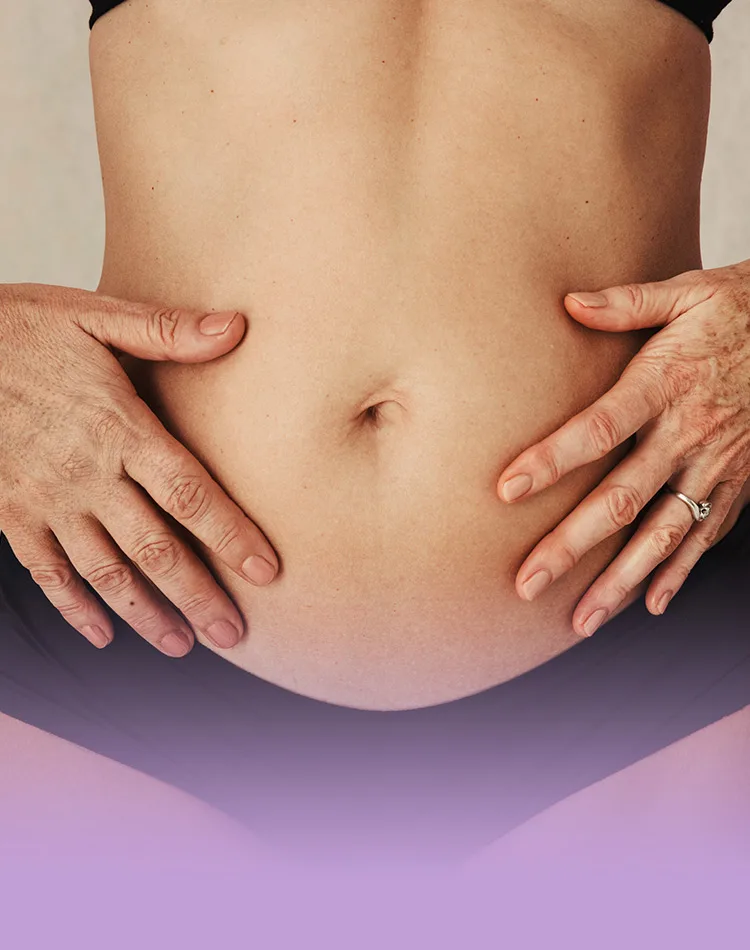
If you have to run to the toilet what feels like a million times a day, only to find little to nothing comes out, (yet you still feel like you have to go), you may have a bladder infection. We know what it’s like to have to visit the loo a lot. However, what about when urination is painful?
This may be a sign that you have a bladder infection, and you should see a doctor as soon as you can. Treatment is simple, but important, as infections can spread to other parts of your body, like your kidneys. Left untreated, the infection can travel up your urinary tract, causing a much more serious condition.
Bacteria such as E.coli can cause bladder infections. These bacteria live on your skin and in your intestinal tract without a problem. However, when they are introduced into your urinary system, they can cause a bladder infection, resulting in uncomfortable swelling and irritation. These bacteria can get into your urinary tract through things like sex, wiping from back to front after you have emptied your bowels, or using a diaphragm for birth control.
If you feel like you are experiencing bladder infection symptoms, schedule an appointment with your doctor. He or she will test your urine to determine whether you have an infection.
If you have a bladder infection, your doctor will likely prescribe a course of antibiotics, and recommend medication that relieves pain in your abdomen and when you urinate. Remember, it’s crucial that you finish all the antibiotics your doctor has prescribed, even if you are feeling better, otherwise the infection may flare up again, requiring another round of treatment. Here are some signs that you might have a bladder infection.
Bladder infection symptoms include:
Painful urination
Sudden and frequent urge to urinate
Passing only a small amount of urine despite feeling an intense urge to urinate
Bladder spasm, especially when trying to urinate
Abdominal pain
Experiencing a fever or feeling 'chills', having blood in the urine (haematuria), in addition to these symptoms is a sign that the infection may have spread to your kidneys. If this is the case, seek medical attention immediately.
If you do have a bladder infection, be sure to drink lots of water. Staying hydrated is one of the best ways to flush out bacteria from your urinary tract. Also, overly-concentrated urine is acidic, and will aggravate your bladder infection symptoms. So, drink up and stay hydrated!
There is a wide variety of Always Discreet incontinence products for bladder weakness to meet the needs of all women. These draw away moisture and neutralise odour.






